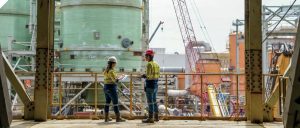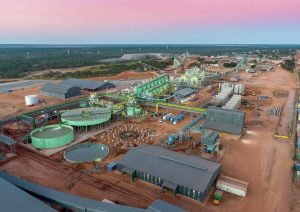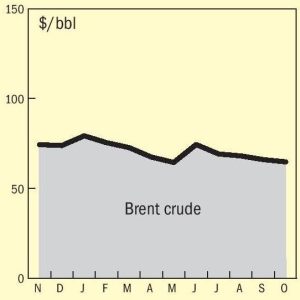
Government to limit new nickel projects
The Indonesian government has moved to limit new licenses for nickel projects in an attempt to correct overdevelopment of the industry and the subsequent crash in global nickel prices. The permit restriction applies to new nickel processing companies that produce intermediate products, both with pyrometallurgical (RKEF) and hydrometallurgical (HPAL) technologies. Currently, Indonesia already has 54 nickel processing plants operating, 38 in the construction stage, and 45 are still under planning.








